The Plastic Road project in the Netherlands gives new life to plastic waste, while, at the same time, avoiding millions of tons of CO2 emitted in the production and laying of asphalt.
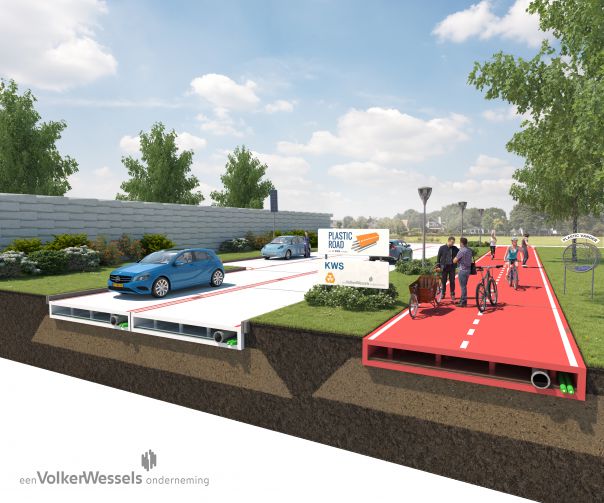 After the floating farm, Rotterdam will be the first city in the world that plans to build roads using plastic waste rescued from the oceans. These are polymer blocks, reminiscent of Lego pieces with which we played as a kid, and presented as the ecological alternative to stop pouring concrete.
After the floating farm, Rotterdam will be the first city in the world that plans to build roads using plastic waste rescued from the oceans. These are polymer blocks, reminiscent of Lego pieces with which we played as a kid, and presented as the ecological alternative to stop pouring concrete.
The project is called Plastic Road and is an initiative of VolkerWessels. The company explains that plastic waste accumulated at sea is a major problem for the planet and it is possible to give them a new life rather than burn or bury them. Plastic Road also helps to solve another environmental problem: avoid millions of tons of CO2 emitted into the atmosphere due to the production and laying of asphalt.
“The plastic offers all kinds of advantages over the ongoing construction, both in the development of roads and maintenance,” said Rolf Mars, one of the leaders of VolkerWessels.
The road will have greater endurance and can withstand extreme temperatures from -40° to 80° C. Its installation will be done in less time; or in a few weeks. This time saving is explained by the fact that the blocks will not be built on the same road. They will be prefabricated in the company and will be moved, thus limiting the problems of logistics and road safety.
Well-maintained plastic roads could withstand extreme temperatures and installed in less time
Among other benefits, the project proponents point out that plastic is lighter than cement, so the ground pressure decreases substantially. The hollow space within the blocks also allows easy insertion of cables and hoses for any project.
“The idea is still on paper, the next step is to build and test them in a laboratory to ensure they are safe in wet and slippery conditions. We are also looking for partners who want to work on the project,” said Rolf Mars.
Rotterdam was the first city that has shown interest in these 100% sustainable recycled plastic roads. The Dutch City Council sees this idea, in a friendly environmentally path, as the future of humanity. The plan now is to work on the development of materials and start installing the first “plastic roads” as from 2017.



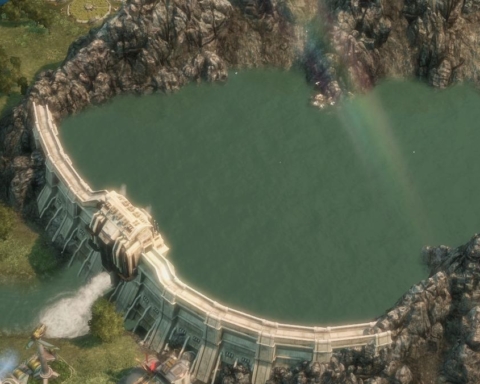

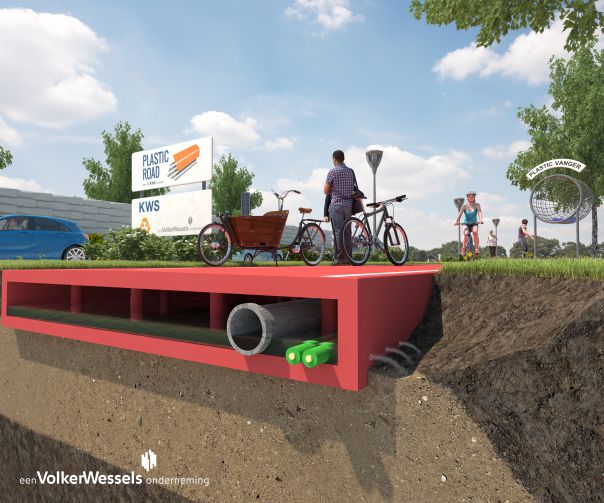
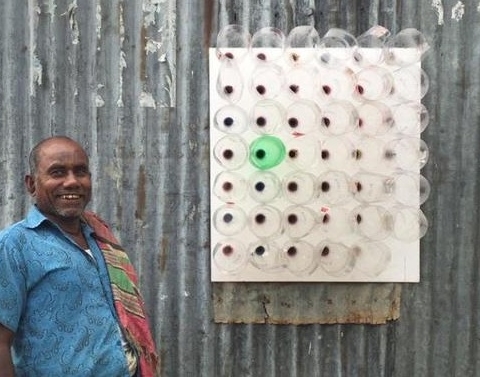

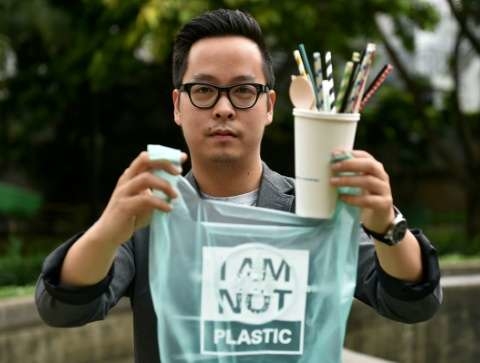
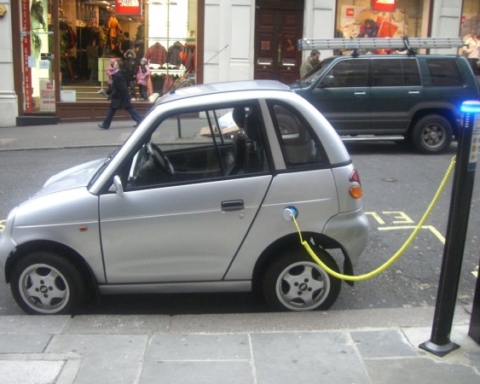
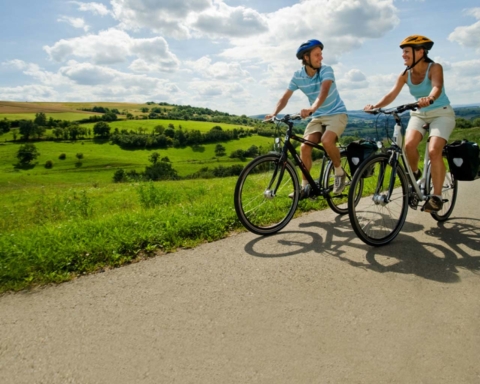
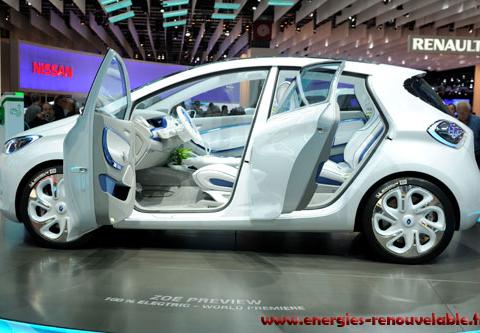
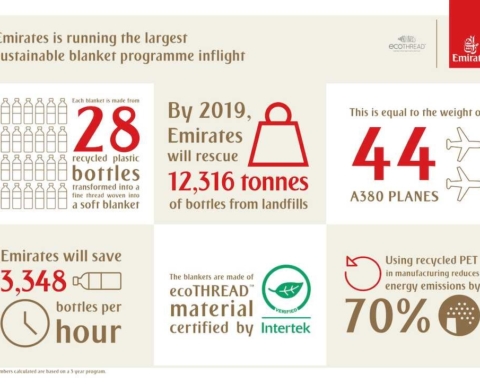
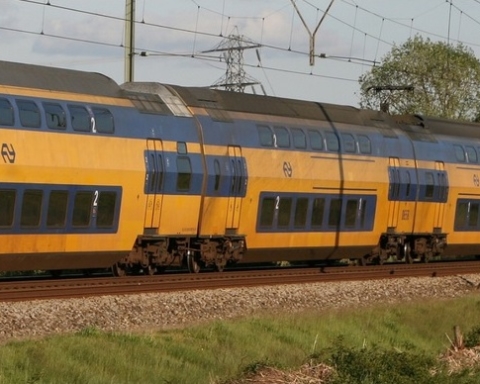
Is it possible to arrange a cooperation for production and implementation in Indonesia?
Thank you.
Do you ever come to the UK to do talks? My leacturer at Southampton Solent University is interested in your project
We thank you for your interest. Which project do you mean; the plastic roads or Inspir’Action?
[…] advantages over the ongoing construction, both in the development of roads and maintenance,” said Rolf Mars, one of the leaders of […]
[…] advantages over the ongoing construction, both in the development of roads and maintenance,” said Rolf Mars, one of the leaders of […]
Nice idea!!! Storage and other aspects are eco friendly but What about the sepage of water during rainy season???